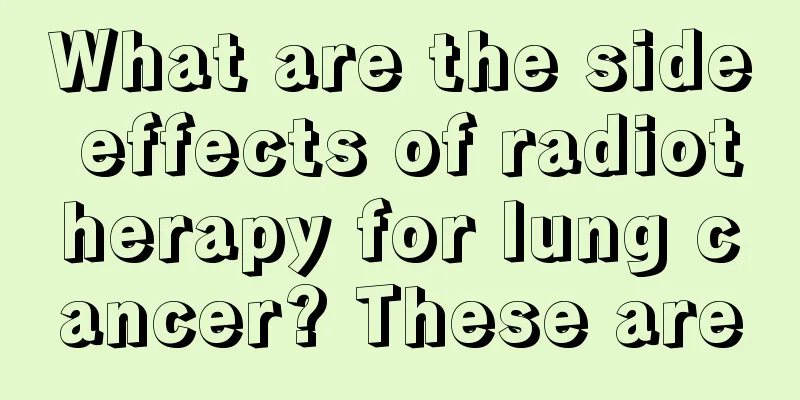What does an abnormal neutrophil count mean?

|
In clinical practice, there are many diseases that require patients to undergo a routine blood test before treatment. This can not only clearly determine whether the patient has an inflammatory infection, but also whether the patient is anemic. When patients receive their routine blood test results, they always find that their neutrophil count is not within the normal range. So what does it mean if their neutrophil count is abnormal? Neutrophils are one of the items in the routine blood test. Generally speaking, the increase of this item can be divided into several situations: First of all, there is a bacterial infection in the body. The total white blood cell count and neutrophil count are much higher than normal. Clinically, symptomatic antibiotic treatment is often used according to the condition. Secondly, there is a viral infection in the body. The total white blood cell count is not high or slightly higher than normal, and the neutrophil count is also slightly higher than normal. However, in this case, the lymphocyte count is much higher than the normal value. Antiviral treatment is mostly used clinically, but in the later stage of viral infection, due to secondary bacterial infection, the white blood cell and neutrophil count will also increase abnormally. Another situation is that when the body is allergic, the neutrophil count is slightly higher and the eosinophil count is abnormally increased. If a secondary bacterial infection occurs at a later stage, the total white blood cell count and neutrophil count will also increase abnormally. In addition, in addition to playing an important defensive role in anti-infection, neutrophils can cause inflammatory responses at the site of infection and participate in allergic reactions triggered by parasitic infections, thereby causing immunopathological damage. Antibodies act directly on antigens on tissues or cells, and neutrophils bind to the IgGFc segment on the surface of target cells through their Fc receptors, exerting ADCC effects, thereby causing cytotoxic allergic damage; when the antigen-antibody ratio is appropriate and an immune complex of 19S size is formed, it is not easily phagocytosed and is deposited on the capillary wall, activating complement and attracting neutrophils to the local area. Neutrophils bind to immune complexes through Fc receptors and C3b receptors and phagocytize them. During the phagocytic process, neutrophils degranulate and release a series of lysosomal enzymes, causing damage to blood vessels and surrounding tissues. Neutrophils also gather at the site of IgE-mediated immediate allergic reactions, indicating that neutrophils are also involved in the pathological damage caused by immediate allergic reactions. After knowing what an abnormal neutrophil count means, if you find that your neutrophil count is higher than the normal value, it means that you may have a bacterial infection. At this time, you need to use antibiotics for anti-inflammatory treatment. In severe cases, intravenous injection may be required to completely eliminate the bacterial infection. I hope you understand this. |
<<: What's the matter with the low neutrophil ratio
>>: The 9 most easily overlooked blind spots in the human body
Recommend
Why do I have chest pain when I wake up in the morning?
For friends who have chest pain when they wake up...
What to do if baby swallows red date pits?
Red dates are a very delicious food, but the core...
How to play Go
Many people don't know much about Go. Playing...
Postoperative care after radical nephrectomy
Kidney cancer surgery is a must for kidney cancer...
Why do I feel dizzy after a nap
Having a good habit of taking a nap is certainly ...
What should adults do if they have eczema?
Anyone who has had eczema may know that eczema do...
Physical examination shows that the prostate cyst is gone
The disappearance of prostate cysts may be relate...
What to eat in the late stage of liver cancer? Five kinds of food are suitable for late stage of liver cancer
There are many treatments for liver cancer, but i...
Self-check for four common diseases
In the face of various fierce diseases, we can ac...
Complete guide to nursing before, during and after chemotherapy for liver cancer
In recent years, more and more people have been d...
What is the reaction after chemotherapy for breast cancer
Hair loss, nausea, and vomiting are common reacti...
Skin diseases that are red, swollen, itchy and painful should be treated in summer
Skin disease is one of the most common diseases i...
Is natural birth good for the baby?
Childbirth is the most critical and final step fo...
Coughing up in the morning with blood in the sputum
Coughing in the morning and having blood in the s...
Does skin cancer spread quickly in the elderly?
Does skin cancer spread faster in older people? 1...









